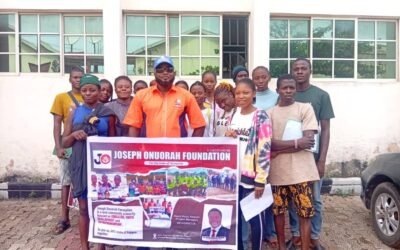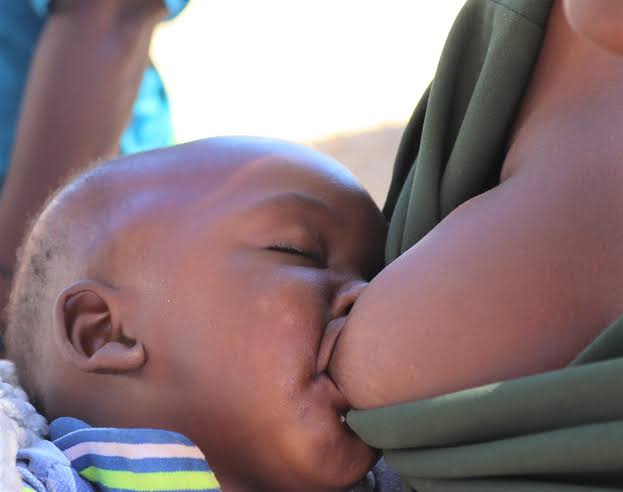The United Nations Children’s Fund (UNICEF) has raised alarm over the stagnant exclusive breastfeeding rate in Nigeria, which remains at 29 percent, despite the well-documented health benefits for infants and mothers.
This concern was highlighted in a recent statement released by UNICEF Nigeria to mark the 2025 World Breastfeeding Week, observed globally from August 1 to 7.
Wafaa Saeed Abdelatef, UNICEF’s Nigeria country representative, emphasized the urgent need for stronger support systems to help mothers practice exclusive breastfeeding.
She pointed out that exclusive breastfeeding is essential for child survival, healthy growth, and development.
According to the 2023–24 National Demographic and Health Survey (NDHS), while over 90 percent of Nigerian mothers start breastfeeding, exclusive breastfeeding has not improved, remaining steady at 29 percent over recent years.
Early initiation of breastfeeding has also declined, dropping from 42 percent in 2018 to 36 percent in 2023. Furthermore, only 23 percent of children are breastfed up to the recommended two years of age.
Another critical issue is the limited maternity leave across the country. Only 12 out of Nigeria’s 36 states, including the Federal Capital Territory (FCT), offer up to six months of paid maternity leave, which experts say is insufficient to support exclusive breastfeeding.
This year’s World Breastfeeding Week carries the theme “Prioritise Breastfeeding: Create Sustainable Support Systems,” calling on governments, employers, healthcare providers, and communities to work together to protect and promote breastfeeding.
“Breast milk provides complete nutrition for infants, strengthens their immune systems, and supports cognitive development. For mothers, breastfeeding reduces the risk of certain cancers and Type II diabetes.
It is also environmentally friendly as it requires no packaging or processing, contributing positively to climate resilience,” said Abdelatef.
UNICEF and its partners under the federal government’s Nutrition 774 Initiative are urging policymakers to take concrete actions. These include providing health workers with adequate training to support breastfeeding mothers, expanding paid maternity leave to all states, and creating breastfeeding-friendly environments in workplaces and public spaces.
Abdelatef called on all sectors of society to move beyond awareness campaigns toward meaningful actions that ensure every Nigerian child receives the healthiest start in life.
Without immediate and coordinated efforts, experts warn that millions of Nigerian children’s health and development will continue to be at risk.
Source: PM News Nigeria










